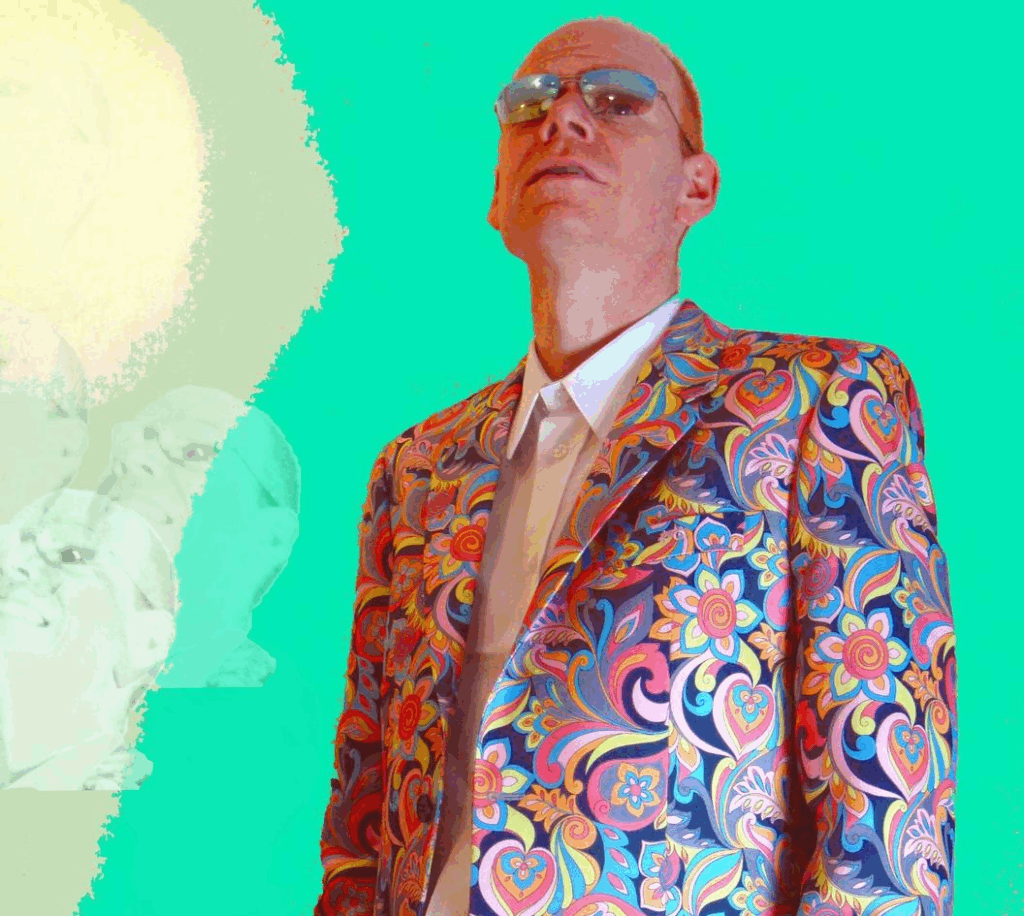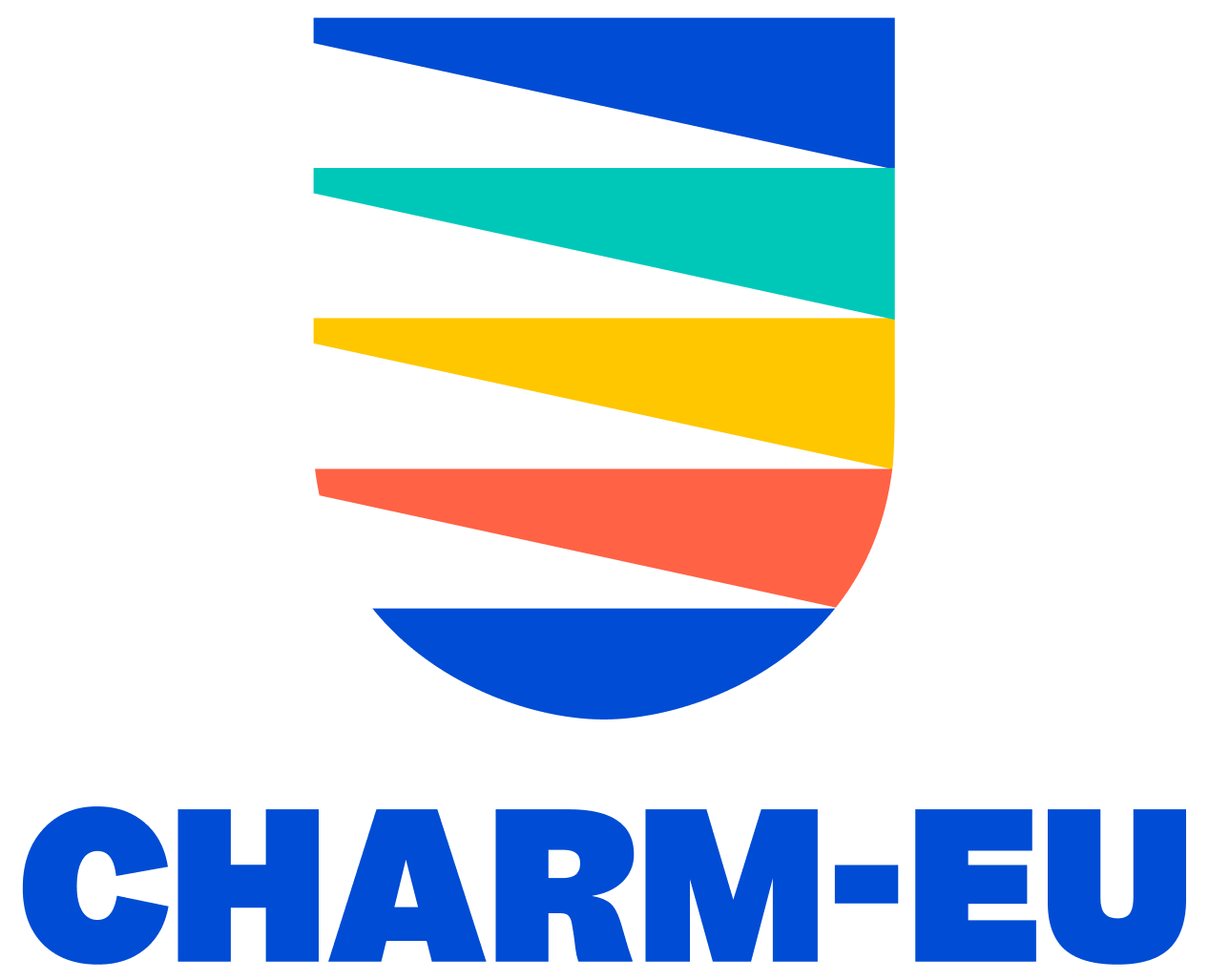Join us for a new CHARM ON, a lively, one-hour conversation on how CHARM-EU turns ideas into practice. This edition focuses on research done with and alongside communities, and how working side-by-side strengthens both science and societal trust.
Each CHARM ON features a moderated panel with voices from across our university community (educators, researchers, students, and support staff) sharing concrete experiences that bring CHARM-EU’s approaches to life (for instance, on challenge-based learning, mobility, interculturality, or responsible research and innovation). Together, they connect principles to practice, point to good examples in our Service Portfolio, and signpost trainings and follow-up opportunities offered by the Alliance.
This month, our panel turns to Citizen Science in Action. Practitioners —Anna Sànchez, Isabelle Bonhoure and Josep Perelló (UB), Roger Strand (UiB), László Róbert Zsiros (ELTE) — will reflect on the principles, affordances, and values of doing research with communities, foregrounding its social dimensions: social commitment, collaboration, communication, learning (formal and informal), and evidence-based action. Through grounded examples from their own projects, they’ll explore ethical, methodological, and practical challenges, while sharing how they mobilise local partners and co-design participation. Rather than a one-size-fits-all recipe, the session offers starting points to ideate, design, contribute to, or lead just transparent projects and collaborations that connect academic rigour with societal needs. The event will be facilitated by Nicolas De Keyser (HRW) and Alex Arenas (UM).
Date: Monday, 24 November
Time: 13:00–14:00 CET
Format: Online panel discussion (live stream + sound recording available afterwards)
Join here: Teams
Privacy notice: Please find the privacy notice here.
This event is open to all CHARM-EU members and anyone beyond who is curious to learn. No registration required.
CHARM ON will take place on the last Monday of each month at 13:00 CET, offering a regular space to share ideas, practices, and impact stories across the CHARM-EU community.
Coming up for PhD students
Registrations open for CHARM-EU Winter School 2026: ‘Citizen Science in Action: Skills, Tools, and Community Engagement for Early-Career Researchers’ (4–6 February 2026, University of Barcelona). Over three intensive days, you’ll workshop real ideas, test participatory methods, and leave with a mentored project prototype and a CHARM-EU peer network to keep momentum.
Find out more: https://charm-eu.eu/learning/educational-offer/charm-eu-winter-school-2026/
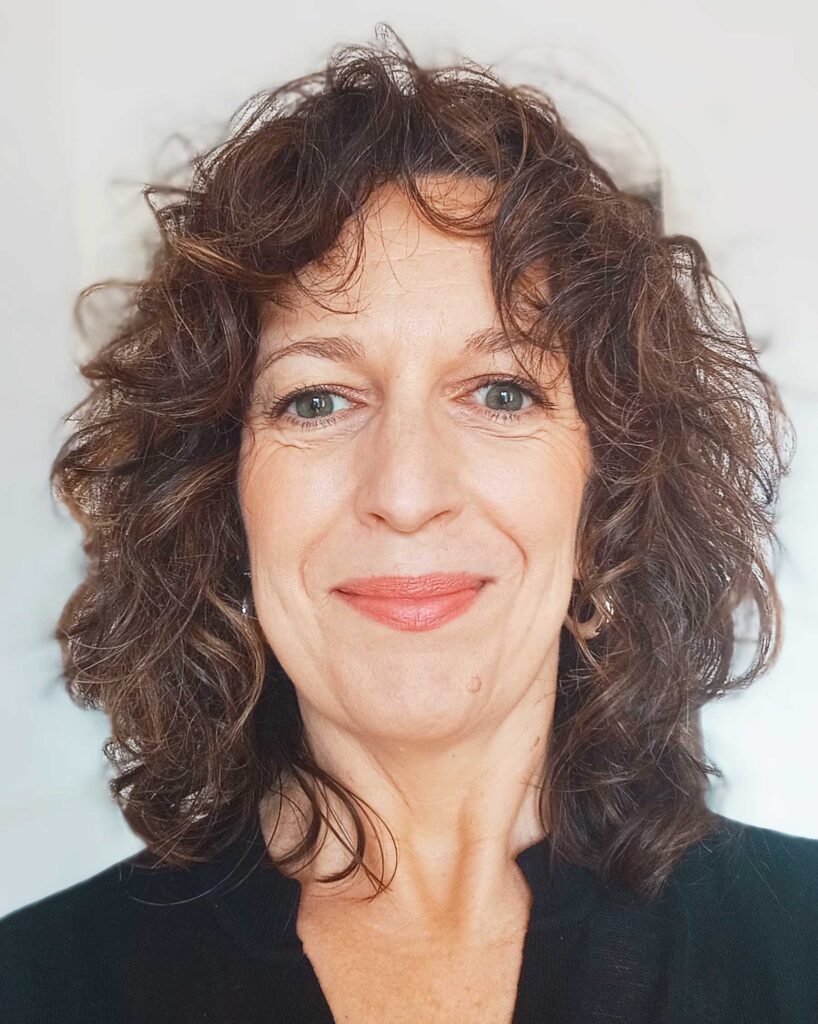
Dr. Isabelle Bonhoure is a researcher and coordinator at OpenSystems (University of Barcelona), which she joined in 2013 after completing a PhD in Materials Science (Université Paris XI, 2000) and an MS in Scientific Communication (Pompeu Fabra University, 2005). She also teaches at UB’s Faculty of Information and Audiovisual Media and at the CHARM-EU Master’s in Global Challenges for Sustainability.
Her work focuses on Citizen Social Science, participatory research co-designed and directly driven by citizen groups that share a social concern. She is especially interested in co-creation with communities in situations of vulnerability, examining how top-level research can align with actions for social transformation. In this approach, citizens act as co-researchers (recognised as competent, in-the-field experts) throughout the process, from design to interpretation and into concrete change. Current research lines include mental health social support networks, urban sustainability challenges, climate vulnerabilities and the conceptualisation of CS alliance with GLAMs (Galleries, Libraries, Archives and Museums).
Professor of Condensed Matter Physics at the University of Barcelona. In 2012, he created OpenSystems, a research group that conceives scientific research based on citizen participation and artistic practices that fall under the broad label of Social Citizen Science. Its main objective is to analyse human behaviour in urban contexts through the sciences of complexity and within the field of computational social science. With the aim of collectively responding to specific social concerns, OpenSystems has conducted more than 15 public experiments with more than 2,500 participants. He has been the coordinator of the Barcelona Citizens’ Office (until 2018, and founder in 2013), an initiative of the Barcelona City Council that works as a community of practice for a large number of citizen science projects and implements specific programs in civic centres, primary and secondary schools.
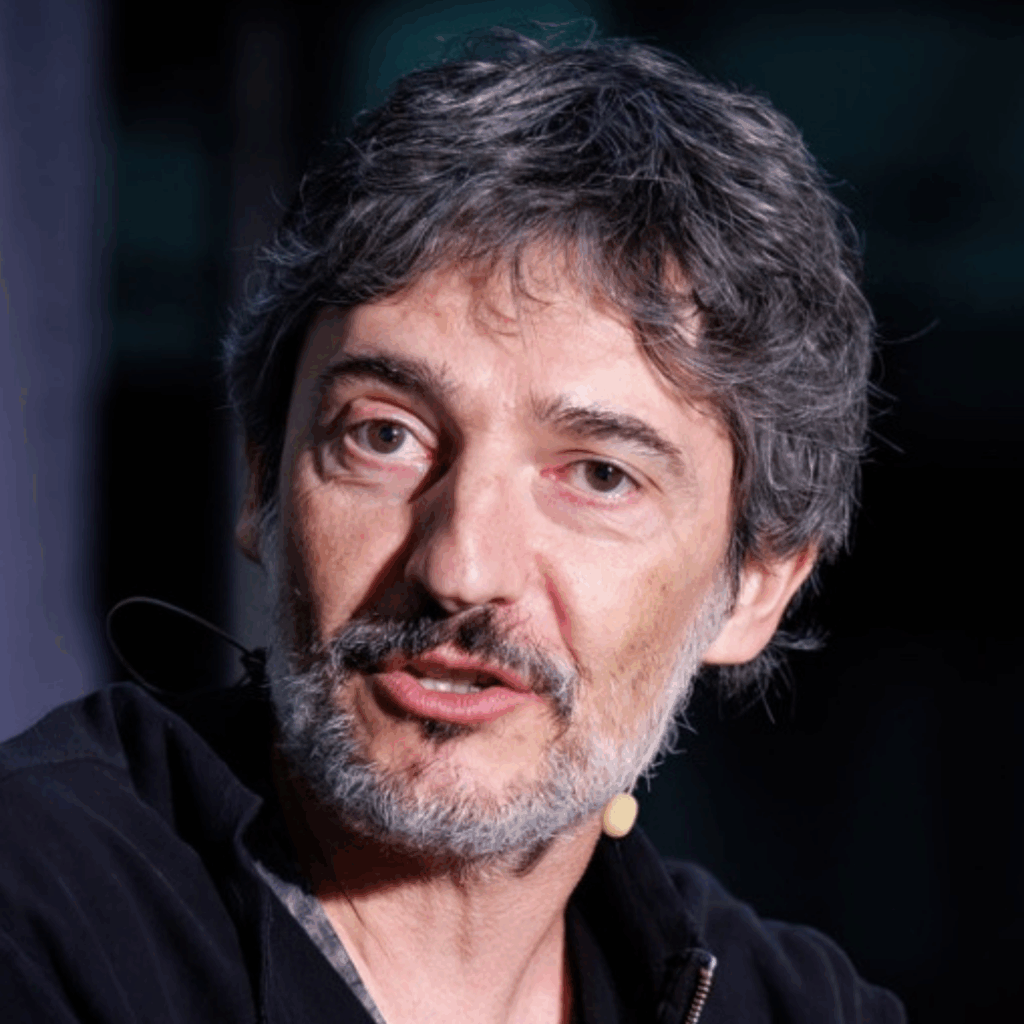
Associate Professor since 2017 at the Department of Earth and Ocean Dynamics, University of Barcelona. Her research focuses on understanding the impact of dense water overflows on particle transport, making use of tools including in-situ observations from research vessels, underwater vehicles, satellite data, and ocean models. She is leading a research line that incorporates citizen science to study plastic pollution in the coastal area (http://www.surfingforscience.org/). This long-term project (since 2018) has represented a paradigm shift in microplastic research, allowing to fill the gap in knowledge of the coastal area, and actively involving citizens in the generation of new scientific data. The resulting open datasets have shed light on the magnitude of plastic pollution, providing robust evidence to inform policy and management strategies, particularly in relation to pellet spills, wet wipes, and artificial turf.
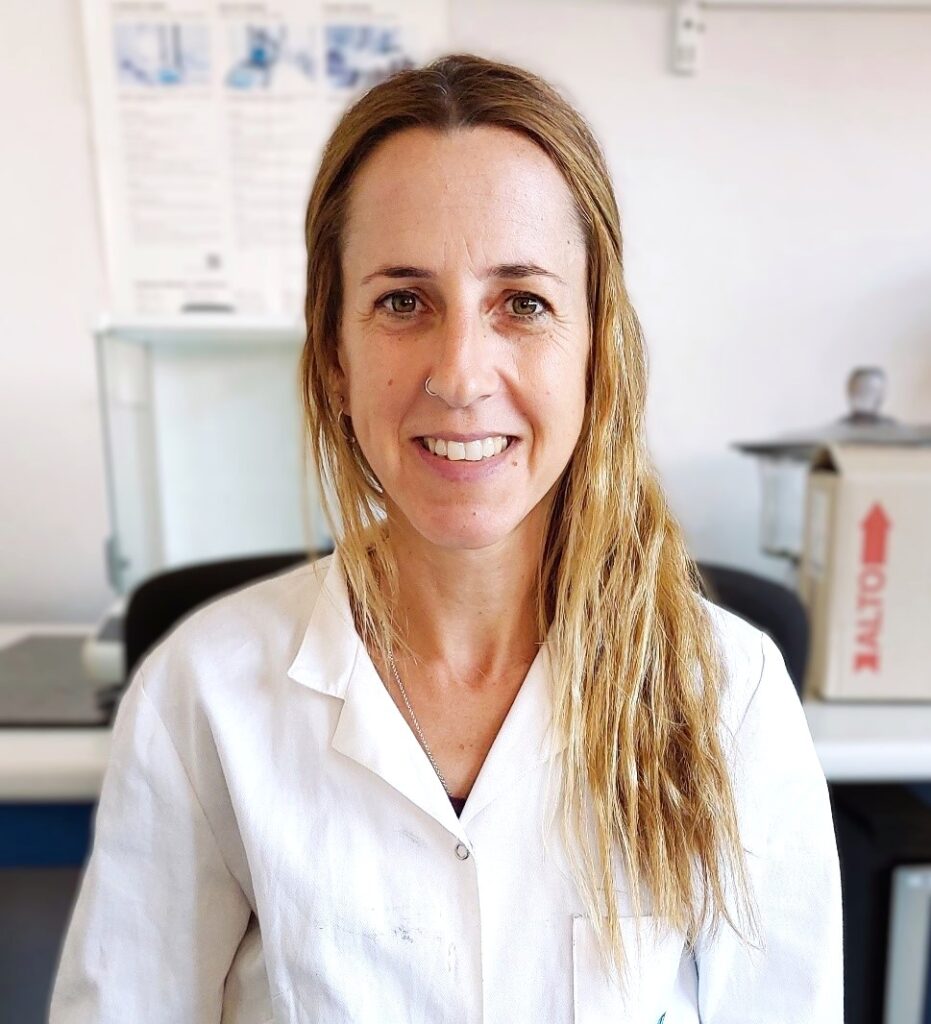
Professor at the Centre for the Study of the Sciences and the Humanities (SVT), University of Bergen, and Director of the European Centre for Governance in Complexity. His work examines how scientific uncertainty and complexity shape decision-making across environmental policy and governance, medical decisions and public health, and technological development. He draws on post-normal science, complexity theory, and post-empiricist philosophy of science. He is also a member of SVT’s interdisciplinary Research Group Theory of Science.
